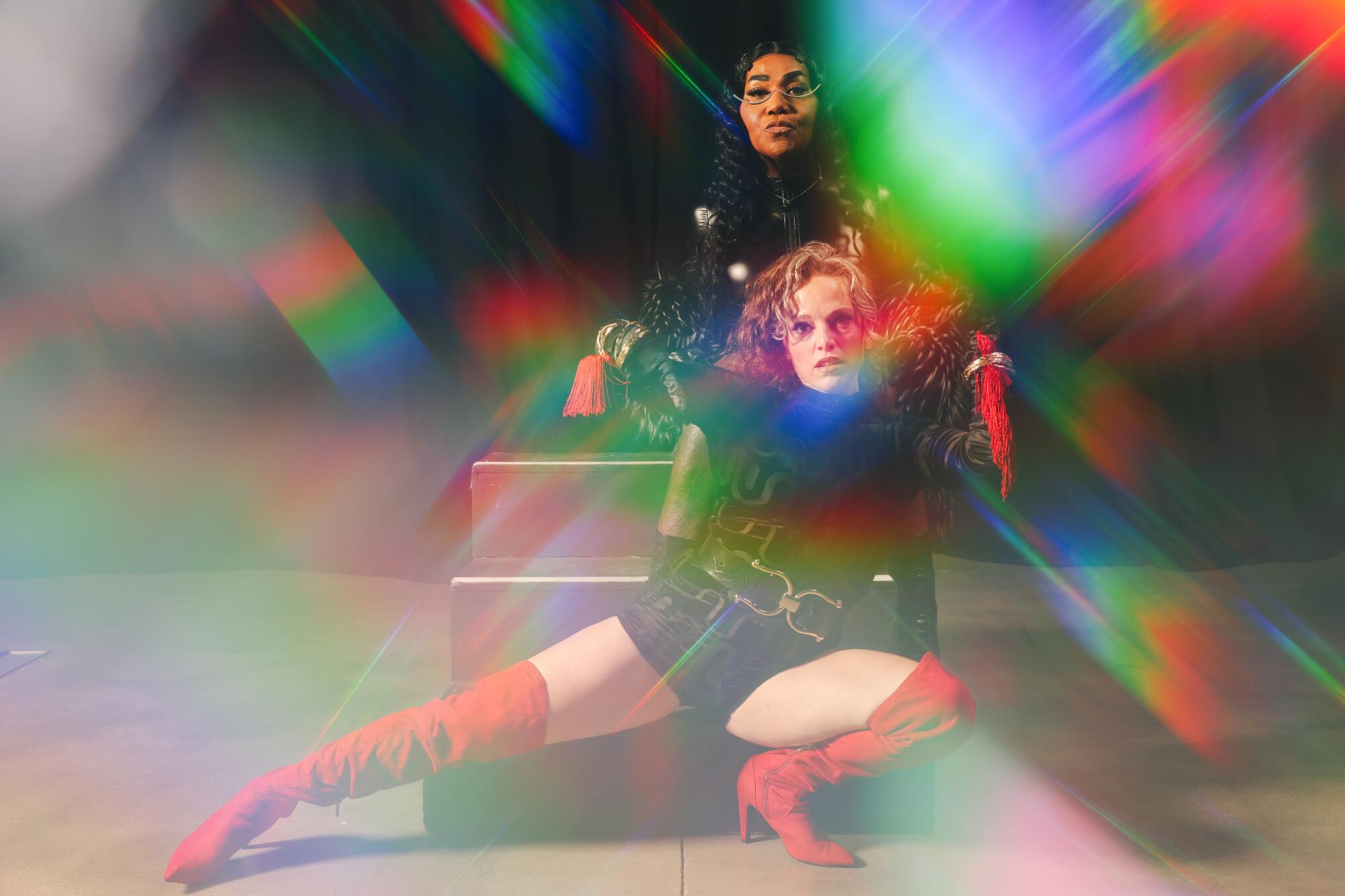
- Share via
Kevin Jz Prodigy was absolutely fascinated when he first entered ballroom culture, watching contestants strut, vogue or walk the runway in categories like “butch queen,” going all out in front of judges for their 10s. It was glamorous and mesmerizing.
“I saw people like me just being free, expressing themselves,” Prodigy says. “I was in shock, like, there are other people out here like me. I want to be a part of this.”
Now his voice is on Beyoncé’s song “Pure/Honey” from her Grammy-nominated album “Renaissance,” alongside fellow ballroom staple Kevin Aviance. Shows like HBO Max’s “Legendary” and FX’s “Pose” have given audiences a glimpse into the scene created by the LGBTQ+ community, bringing ballroom into the popular culture. What started underground has gone mainstream, so where does that leave events like the Banjee Ball, one of Los Angeles’ largest ballroom events?
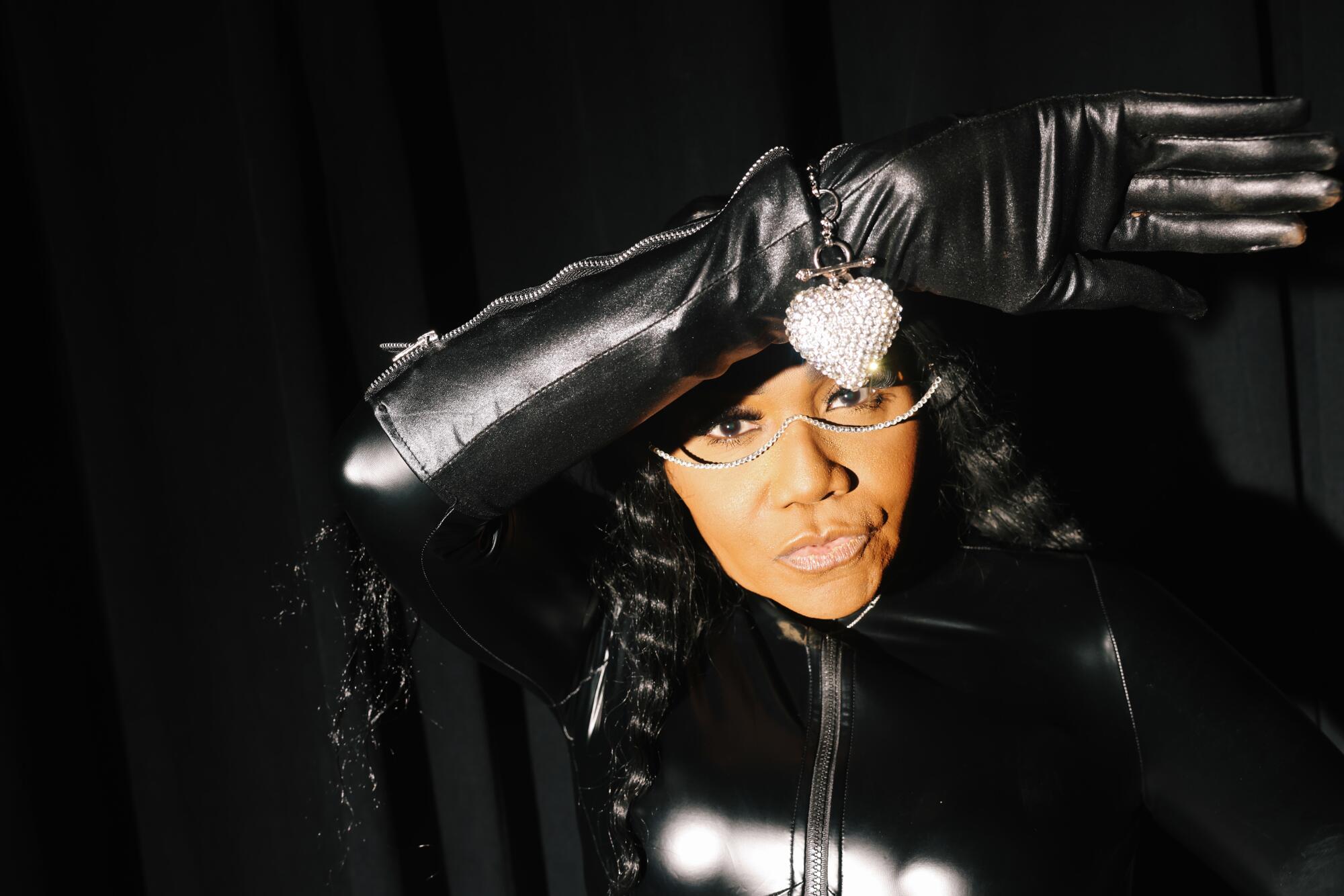
Banjee Ball celebrates its ninth anniversary on Saturday with the theme “Nine Lives Ball.” Banjee Ball founder Isla Ebony is highlighting the success of the scene by bringing together Aviance and Prodigy for the event and honoring Ebony Lane for her dedication to the LGBTQ+ and ballroom communities. The ball, produced by the HIT app and NeueHouse, will take place at NeueHouse Hollywood as part of the members club’s Caring Futures initiative raising awareness of trans experiences.
Banjee Ball began small. Ebony recognized that the ballroom scene in L.A. was sparse, and she teamed up with West Coast commentator Legendary Enyce Gorgeous Gucci to build it.
“I was able to bring this hipster queer circle, and he brought the ballroom community, and it created this amazing space, and over the next few years, it became a very popular monthly event,” Ebony says.
The inspiration for the “Nine Lives Ball” theme? “I thought ‘Nine Lives’ was appropriate because trans awareness has a lot to do with survival, and a cat is a survivor,” Ebony says.
It’s also how she describes Lane, who will receive the Banjee Ball’s first lifetime achievement award.
“It was the perfect moment to give her her flowers and say thank you for everything she’s done that you’re here, you have survived and it ain’t over,” Ebony says.
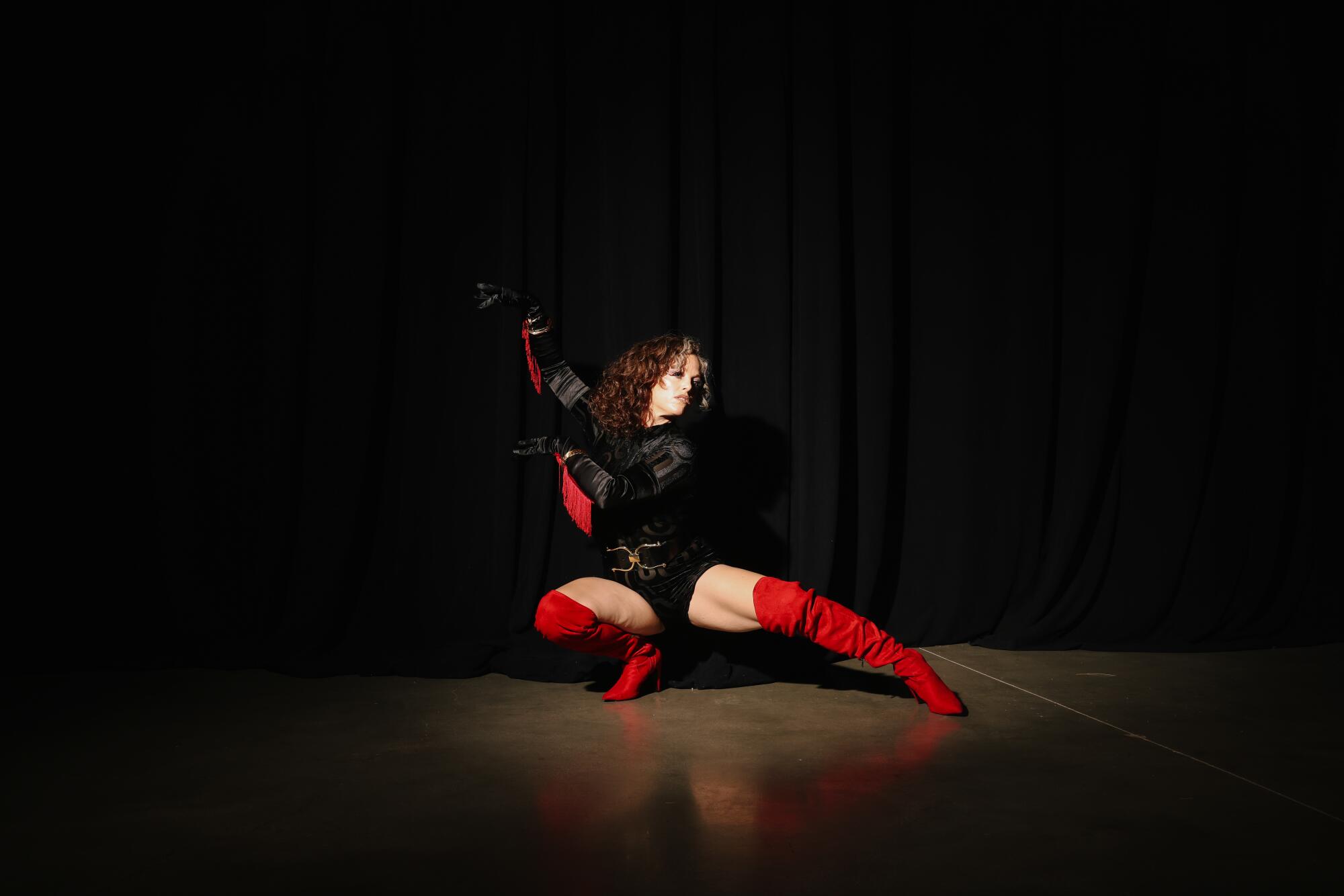
Lane took part in the birth of the ballroom scene in Los Angeles, and for her it remains all about protecting the community. “It’s a place where I could allow the LGBT community to come out and embrace themselves,” Lane says.
Prodigy and Aviance found ballroom by chance and found their space through music. Now their voices have moved beyond the scene. Prodigy’s song “Feels Like” with Mike Q and an Aviance song with a title that can’t be printed here starts off the 15th track of “Renaissance.”
The feature is “monumental” and just the latest example of ballroom’s influence on mainstream culture, Prodigy says — “the words, the slang, the attitude, the style of music, the chants, the shade.” The phenomenon stretches back to the 1990 documentary “Paris Is Burning,” Madonna’s “Vogue” and Madonna‘s decision to bring Jose Gutierez and Luis Camacho from the House of Xtravaganza on her “Blonde Ambition” world tour.
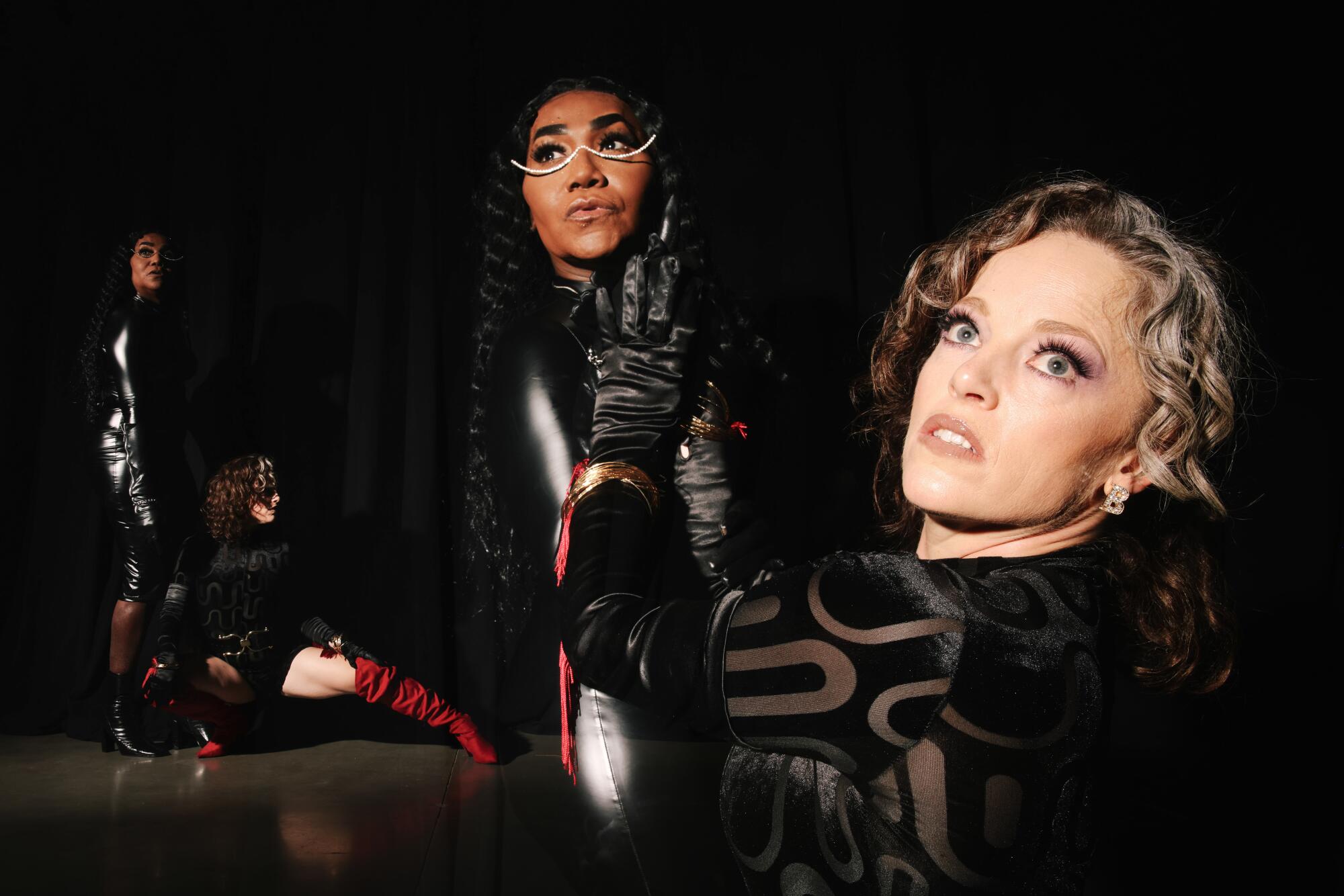
Ballroom today is more accessible. Gucci says he’s “a VHS girl” who started voguing in mini balls across Los Angeles and would watch ballroom events on VHS tapes and DVDs shared within the community.
The ballroom scene is all over YouTube, Instagram and TikTok, he says. Prodigy’s songs like “Here Comes the Hurricane Legendary Katrina” and “Bam Bam Shawam,” are trending sounds on the video-sharing app.
Before social media, Gucci says, people in ballroom could be “famous in the underground.” Now social media can help people in the community be famous without the qualifier, building a fan base by simply posting a voguing video.
“It’s really exciting to see these kids that came from ballroom with no professional dance training who learned on the peers — learned in living rooms — now booking major tours, music videos, teaching all over the place,” Ebony says.
Even for Aviance, it became a career. “I’m 54 and I’m in a whole other world right now,” he says.
The Banjee Ball has a direct connection to “Legendary.” Ebony pitched the show idea to Scout Productions, and producers went to see a Banjee Ball function in West Hollywood, sparking what would become the HBO Max series.
The exposure, however, does come with some downsides, including “watered down” representations of ballroom.
“We have seen people booking big videos who are not coming from the community, but may have taken a couple of vogue classes,” Ebony says.
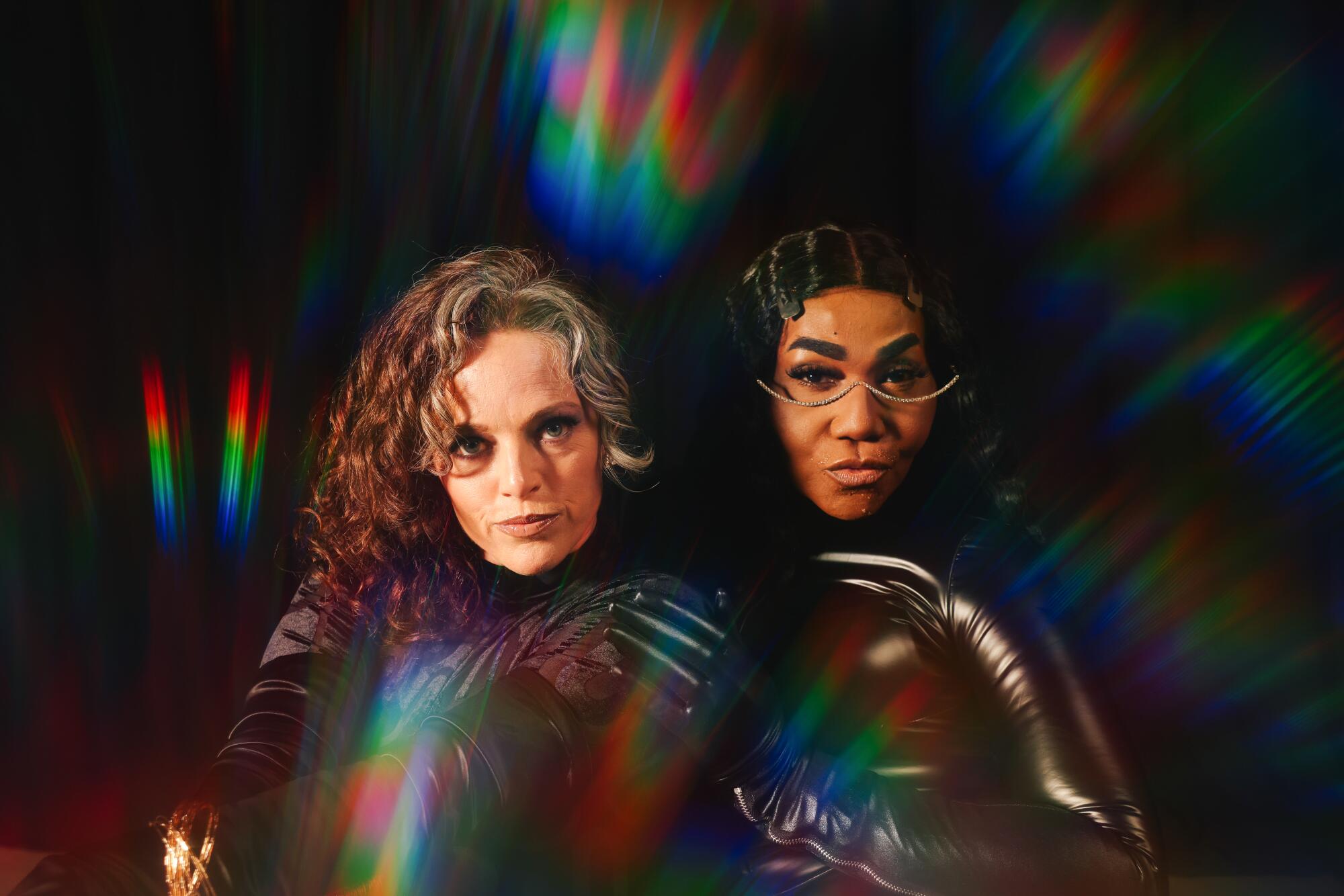
Often, people will take from ballroom without understanding where the culture came from. “You got to respect the ones that come before you,” Gucci says.
Regardless, Aviance sees this moment as a renaissance of its own.
“There’s so many Black, influential people that are in entertainment right now, that are flourishing,” Aviance says. “This door has opened up and we came through so fiercely and brought all our friends with us.”
As the scene continues to get attention, Ebony wants it to be recognized as “one of the greatest American art forms ever created.”
She adds, “It is American history.”
Aviance says despite ballroom’s popularity, the spaces must be places for people to express themselves. As celebrities join the movement and spectators praise the culture, Lane says, its roots cannot be forgotten.
“What I hope for the culture of the LGBTQ+ community is that we are uplifted, that people understand us, that people know this is who we are,” Lane says, “and that we’re not going anywhere at all.”
More to Read
The biggest entertainment stories
Get our big stories about Hollywood, film, television, music, arts, culture and more right in your inbox as soon as they publish.
You may occasionally receive promotional content from the Los Angeles Times.











